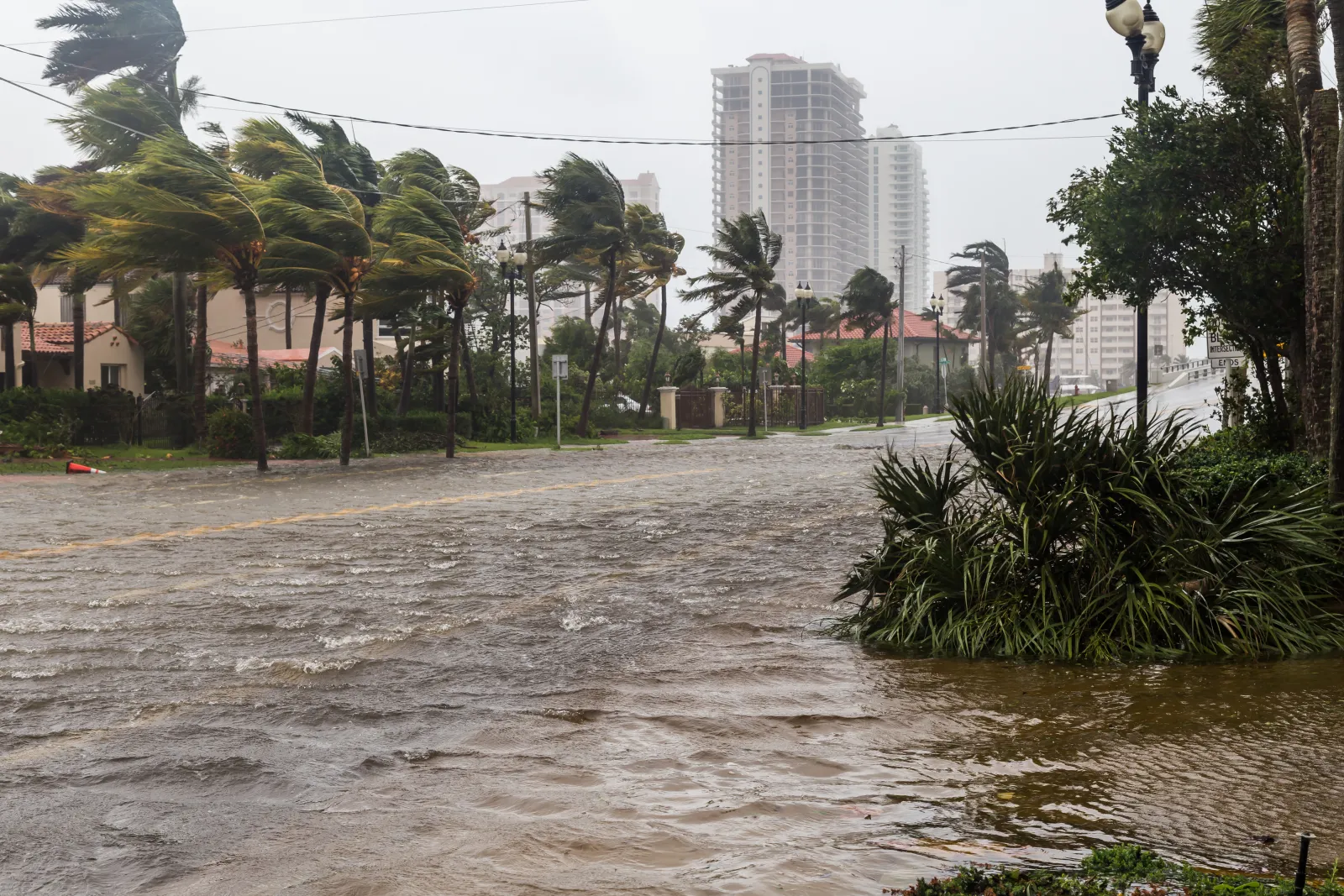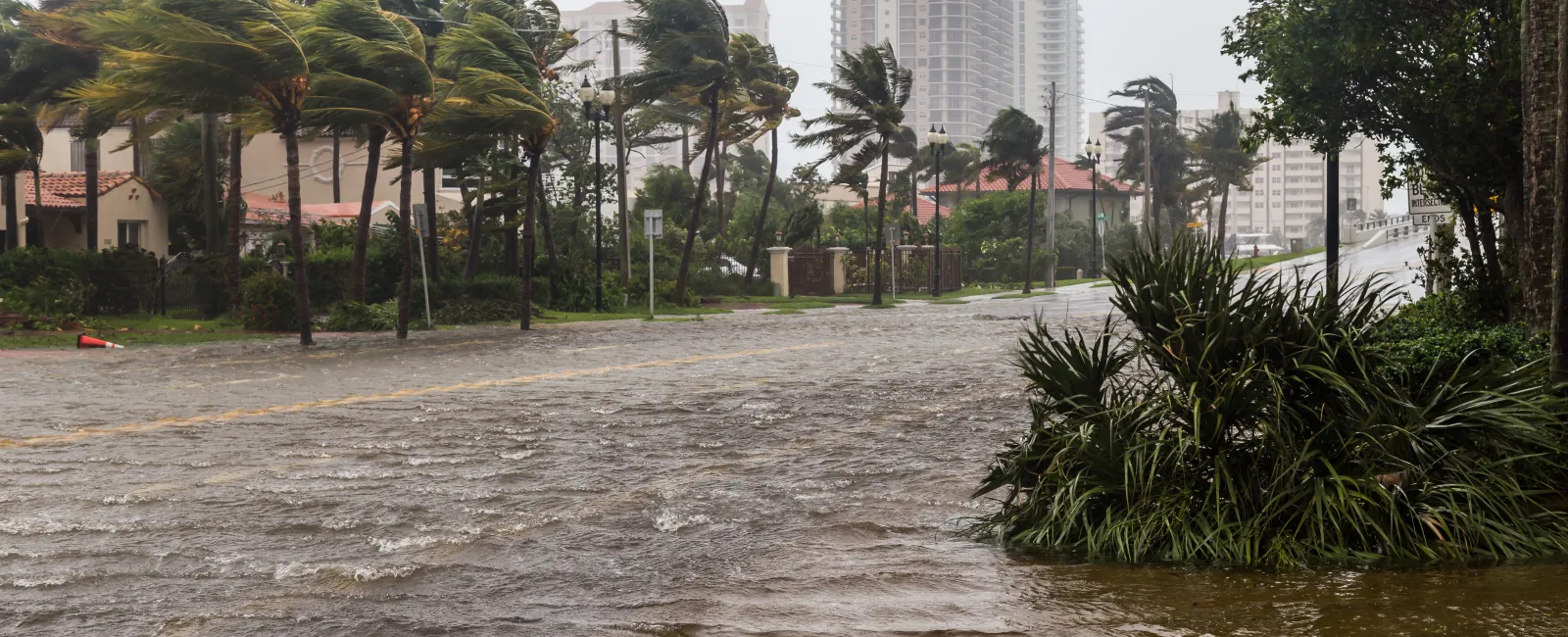
Though there is still much uncertainty whether or not tropical storm Erika will indeed form into a category 1 hurricane aimed toward South Florida, one thing is certain: you still need to be prepared before, during and after the storm.
Here are a few tips:
To prepare for a hurricane, you should take the following measures…
- Build an emergency kit and make a family communication plan - Consider any medical needs family members may have that may require help you cannot provide.
- Ensure you have enough non-perishable food and water to last up to 72 hours.
- Fully fuel all vehicles and visit the ATM or bank before they close.
- Identify the hurricane evacuation routes for your area. Determine where you would go and how you would get there if you need to evacuate.
- If you are evacuating - shut off the electricity at the main fuse or breaker, and turn off the water at the main valve. Additionally, turn off propane gas service.
If a hurricane is projected in your area, you should…
- Tune in to the local news on radio or television for updated information.
- Secure your home, close storm shutters and secure outdoor objects or bring them indoors.
- Ensure a supply of clean water for sanitary purposes such as cleaning and flushing toilets. Fill the bathtub and other larger containers with water.
Additionally, if you evacuate - DO NOT forget the following important papers:
- Driver's license or personal identification
- Social Security Card
- Proof of residence (deed or lease)
- Insurance policies/numbers
- Birth and marriage certificates
- Stocks, bonds and other legal documents - make sure all documents are in a waterproof bag.
After the storm…
- Continue listening to a NOAA weather radio or the local news for the latest updates and stay alert for an extended rainfall and subsequent flooding, even after the hurricane or tropical storm has ended.
- If you have become separated from your family, use your family communication plan or contact the American Red Cross at 1.800.RED.CROSS (1.800.733.2767)
- If you evacuated, return home only when officials have declared it safe.
- Drive only if necessary and avoid flooded roads and washed-out bridges Stay off the streets. If you must go out watch for fallen objects; downed electrical wires; and weakened walls, bridges, roads and sidewalks.
- Avoid drinking or preparing food with tap water until you are sure it is not contaminated.
Activating the Claims Process:
- Keep a record of your expenses necessary to protect covered property.
• Give prompt notice to your insurance retailer/broker.
• Provide descriptions of all damaged property. Note how, when and where the loss/damages occurred. Be sure to include name and phone number of insured's contact and of the local contact at property location.
These are just a few items to consider when prepping for a storm. For a complete breakdown, visit www.redcross.org/prepare/disaster/hurricane.


